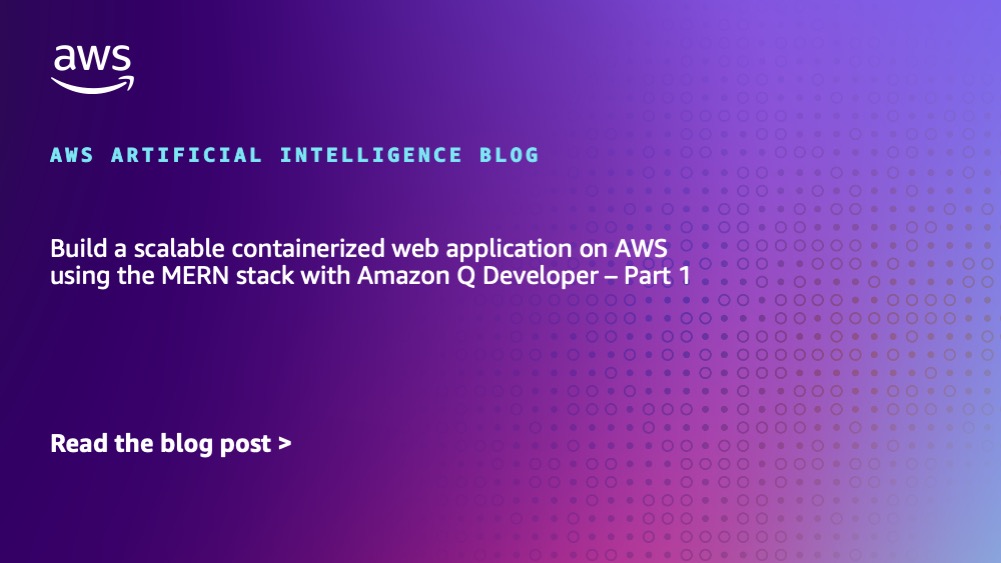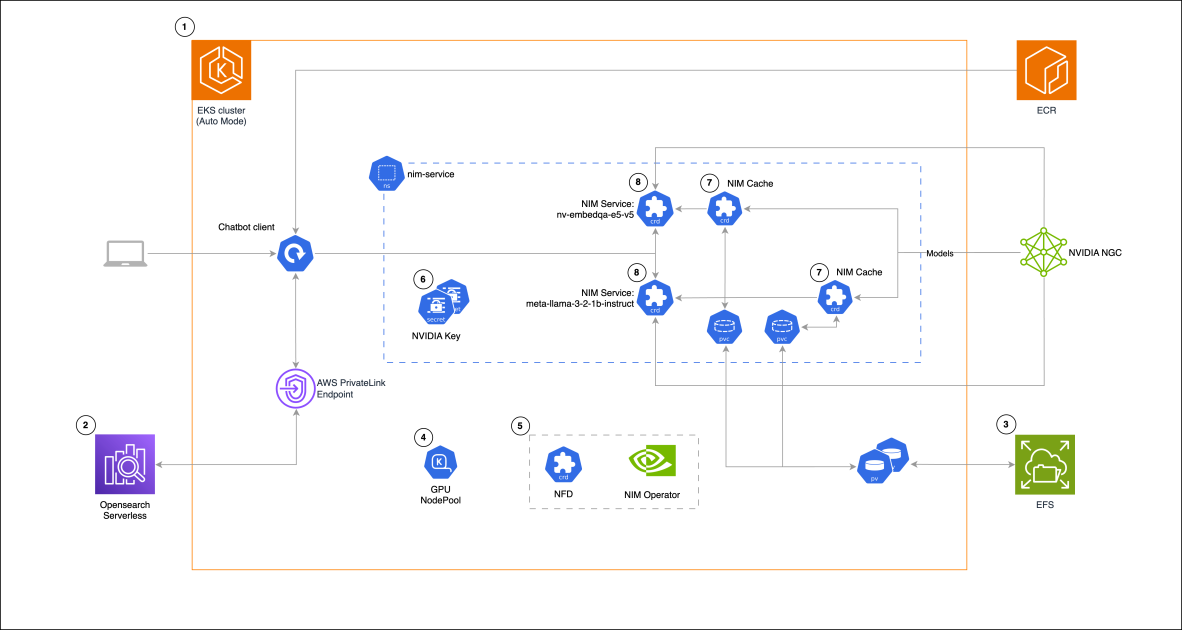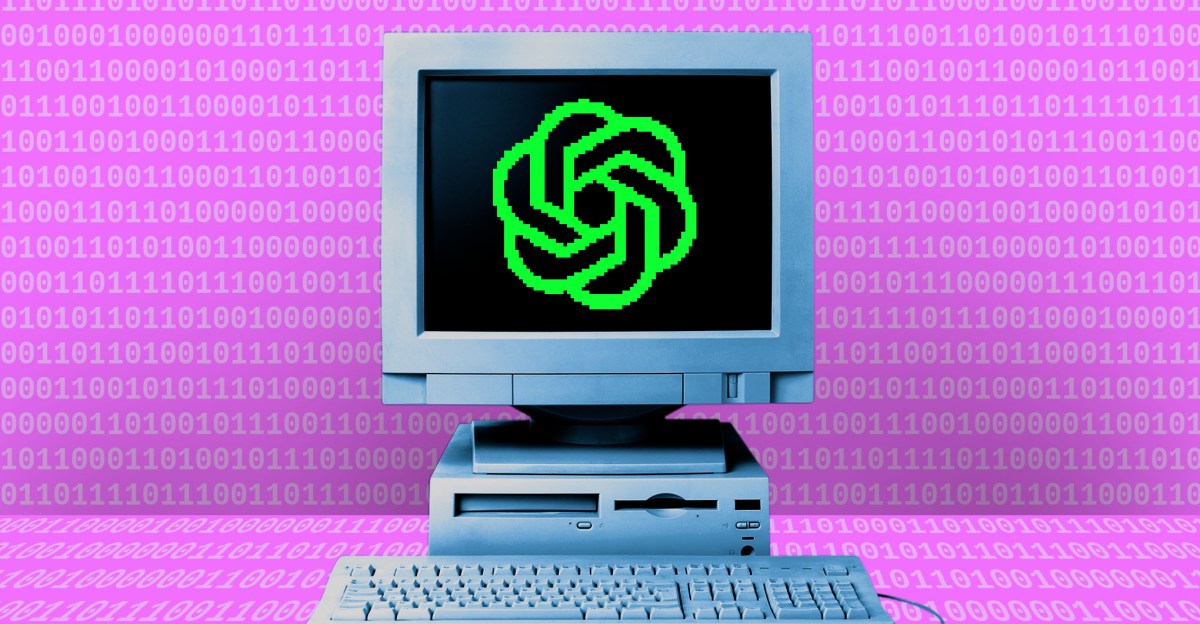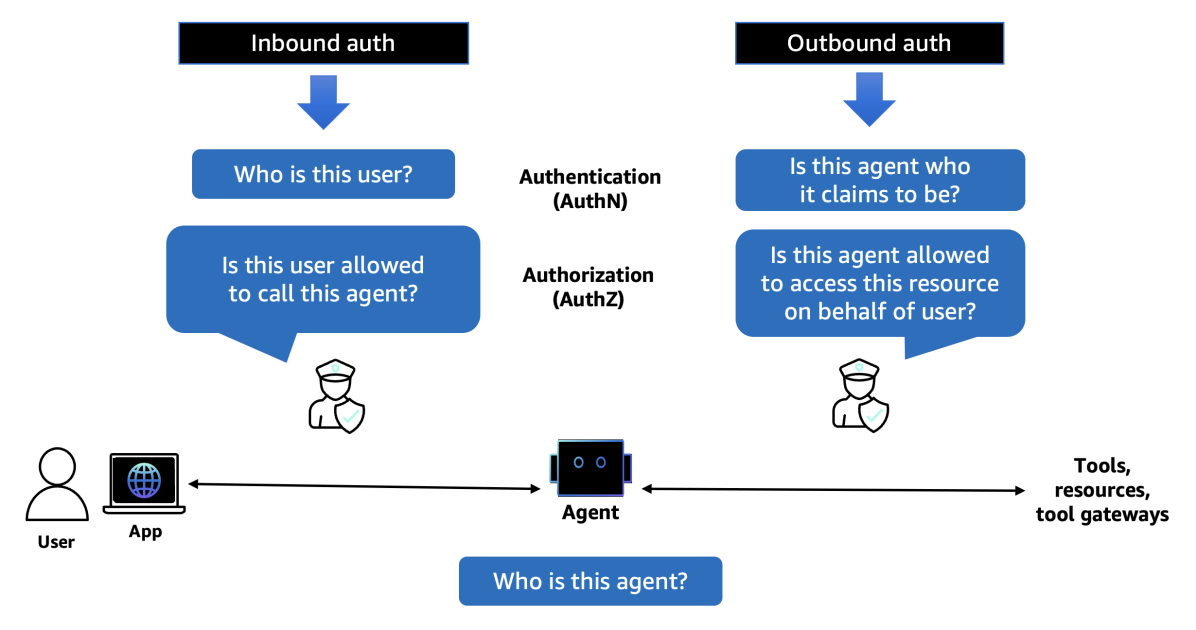
Sam Altman: ‘Yes,’ AI Is in a Bubble — What He Told The Verge
Sources: https://www.theverge.com/ai-artificial-intelligence/759965/sam-altman-openai-ai-bubble-interview
TL;DR
- OpenAI CEO Sam Altman told The Verge he believes the market is in an AI bubble: “My opinion is yes.”
- Altman compared the current market reaction to the dot‑com bubble and warned that investors are overexcited about a “kernel of truth.”
- He called valuations for some tiny AI startups “insane” and said “someone’s gonna get burned.”
- Altman also said OpenAI will likely spend “trillions of dollars on data center construction in the not very distant future.”
- He predicted both large gains and losses across the AI sector but expects, overall, a “huge net win for the economy.” (Additional reporting by Alex Heath.)
Context and background
During a lengthy interview with The Verge and other reporters last night, OpenAI CEO Sam Altman addressed investor enthusiasm around AI. Economists and market observers have been debating whether stock valuations tied to AI represent a bubble that could burst. Altman acknowledged that he believes the market is in such a phase, drawing a parallel to earlier technology bubbles. Altman referenced historical precedent, comparing today’s reaction to AI with the dot‑com bubble of the 1990s, when internet startups saw valuations skyrocket and then collapsed in 2000. His comments contextualize current investor behavior as potentially irrational exuberance built around a genuine technological breakthrough.
What’s new
- Public admission from a leading AI executive that the market may be in a bubble: “Are we in a phase where investors as a whole are overexcited about AI? My opinion is yes.”
- Acknowledgement that some funding activity looks irrational: Altman described it as “insane” that companies with “three people and an idea” are receiving high valuations.
- Naming of notable recent fundraising examples in the AI sector, including Safe Superintelligence and Thinking Machines, which have raised substantial sums over the past year.
- A forecast from Altman that OpenAI will undertake massive infrastructure investment: “You should expect OpenAI to spend trillions of dollars on data center construction in the not very distant future.” All remarks are taken from the interview published by The Verge; additional reporting credited to Alex Heath.
Why it matters (impact for developers/enterprises)
- Capital flows and valuations: Altman’s comments highlight that investor capital currently chasing AI could be volatile. For developers and startups, that means funding conditions might tighten or reprice if speculative investments unwind.
- Talent and hiring dynamics: If small teams with early ideas are being highly valued now — and Altman deems that irrational — hiring competition and compensation expectations may be affected when valuations normalize.
- Infrastructure priorities: OpenAI’s stated expectation of “trillions of dollars” in data‑center spending signals continued and large‑scale demand for compute and operational capacity. Enterprises planning for AI deployments should factor in potential supply and cost pressures for data‑center capacity and related services.
- Economic outcomes: Altman said, “Someone is going to lose a phenomenal amount of money. We don’t know who, and a lot of people are going to make a phenomenal amount of money,” but he added his belief that, overall, the expansion will be a “huge net win for the economy.” That frames AI investment as carrying asymmetric outcomes across stakeholders.
Technical details or Implementation
The source material is an interview focused on market behavior and strategic forecasts rather than technical specifications. Key implementation‑relevant statements from Altman include:
- Infrastructure spending: “You should expect OpenAI to spend trillions of dollars on data center construction in the not very distant future.” This signals large anticipated demand for physical compute infrastructure.
- Market behavior affecting projects: Altman labeled extreme early valuations for very small teams as “not rational behavior,” implying that some funded projects may lack the technical maturity or product readiness typically expected at those valuations. Table: Selected statements and implications
| Altman statement | Immediate implication |
|---|---|
| ”My opinion is yes” (we are in an AI bubble) | Market valuations may be inflated relative to underlying fundamentals |
| ”When bubbles happen, smart people get overexcited about a kernel of truth” | The core technology is real, but enthusiasm can lead to overvaluation |
| ”Insane” that 3‑person startups get high valuations | Some early startups may be overvalued and at risk if sentiment shifts |
| ”You should expect OpenAI to spend trillions… on data center construction” | Anticipated large demand for compute/data center resources |
Key takeaways
- Sam Altman publicly stated he believes the AI market is in a bubble and compared it to the dot‑com era.
- He warned that investor excitement can be irrational, citing very high valuations for tiny startups.
- Specific AI startups — Safe Superintelligence and Thinking Machines — were noted as recent fundraising examples over the past year.
- Altman expects major infrastructure spending from OpenAI and foresees a mix of large winners and losers across AI investments.
- Despite risks, he expressed a belief that, overall, AI expansion could be a net positive for the economy.
FAQ
-
Did Sam Altman say AI is definitely in a bubble?
Altman answered the question about whether investors are overexcited and said, "My opinion is yes," indicating he believes the market is in a bubble.
-
Did Altman give examples of startups raising money?
Yes. The interview referenced recent fundraising by startups including Safe Superintelligence (led by OpenAI co‑founder Ilya Sutskever) and Thinking Machines (founded by ex‑OpenAI CTO Mira Murati), which have raised billions over the past year.
-
Will OpenAI be affected if the bubble bursts?
Altman suggested OpenAI expects to continue major investments, saying to expect "trillions of dollars on data center construction in the not very distant future," implying the company plans to persist through market cycles.
-
Did Altman predict who will lose money?
He said, "Someone is going to lose a phenomenal amount of money. We don't know who, and a lot of people are going to make a phenomenal amount of money," which indicates broad uncertainty about winners and losers.
-
Where can I read the full interview?
The interview and related reporting are available at The Verge: https://www.theverge.com/ai-artificial-intelligence/759965/sam-altman-openai-ai-bubble-interview
References
- Sam Altman interview with The Verge: https://www.theverge.com/ai-artificial-intelligence/759965/sam-altman-openai-ai-bubble-interview
- Additional reporting by Alex Heath, as credited in the interview article.
More news
NVIDIA Unveils New RTX Neural Rendering, DLSS 4 and ACE AI Upgrades at Gamescom 2025
NVIDIA announced updates to DLSS 4, RTX Kit, ACE and developer tools at Gamescom 2025 — expanding neural rendering, on‑device ASR, DirectX Cooperative Vectors, GeForce NOW integrations and Unreal Engine support.
Anthropic tightens Claude usage policy, bans CBRN and high‑yield explosive assistance
Anthropic updated Claude’s usage policy to explicitly ban help developing CBRN and high‑yield explosives, tighten cybersecurity prohibitions, refine political rules, and clarify high‑risk requirements.
Build a scalable containerized web application on AWS using the MERN stack with Amazon Q Developer – Part 1
In a traditional SDLC, a lot of time is spent in the different phases researching approaches that can deliver on requirements: iterating over design changes, writing, testing and reviewing code, and configuring infrastructure. In this post, you learned about the experience and saw productivity gains
Building a RAG chat-based assistant on Amazon EKS Auto Mode and NVIDIA NIMs
In this post, we demonstrate the implementation of a practical RAG chat-based assistant using a comprehensive stack of modern technologies. The solution uses NVIDIA NIMs for both LLM inference and text embedding services, with the NIM Operator handling their deployment and management. The architectu
GPT-5: smaller-than-expected leap, but faster, cheaper, and stronger at coding
OpenAI's GPT-5 delivered incremental accuracy gains but notable improvements in cost, latency, coding performance, and fewer hallucinations. The launch met heavy hype and mixed reactions.
Introducing Amazon Bedrock AgentCore Identity: Securing agentic AI at scale
In this post, we explore Amazon Bedrock AgentCore Identity, a comprehensive identity and access management service purpose-built for AI agents that enables secure access to AWS resources and third-party tools. The service provides robust identity management features including agent identity director





